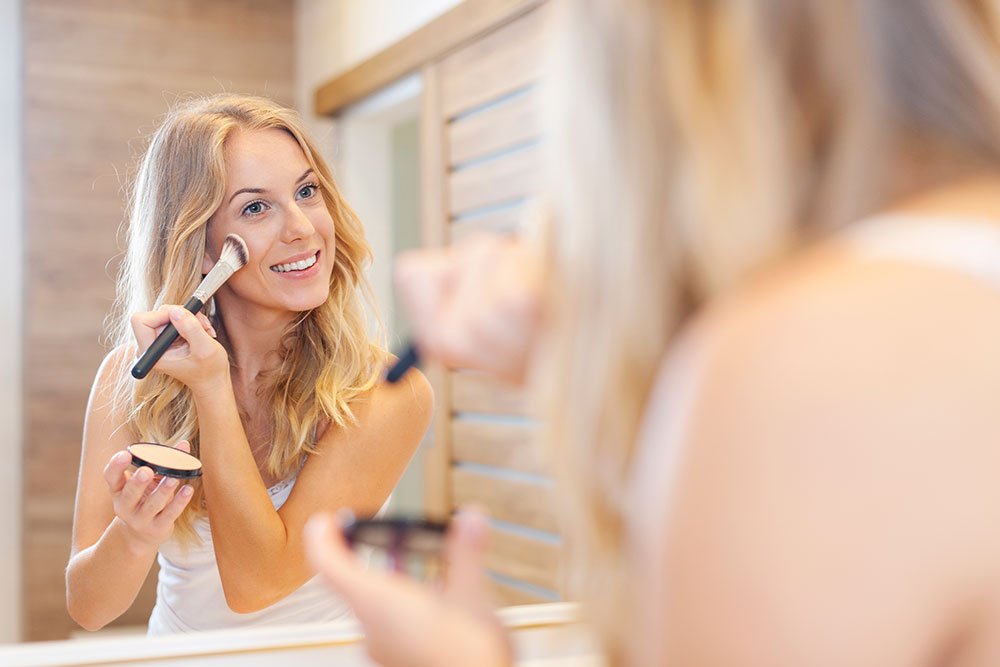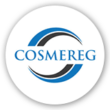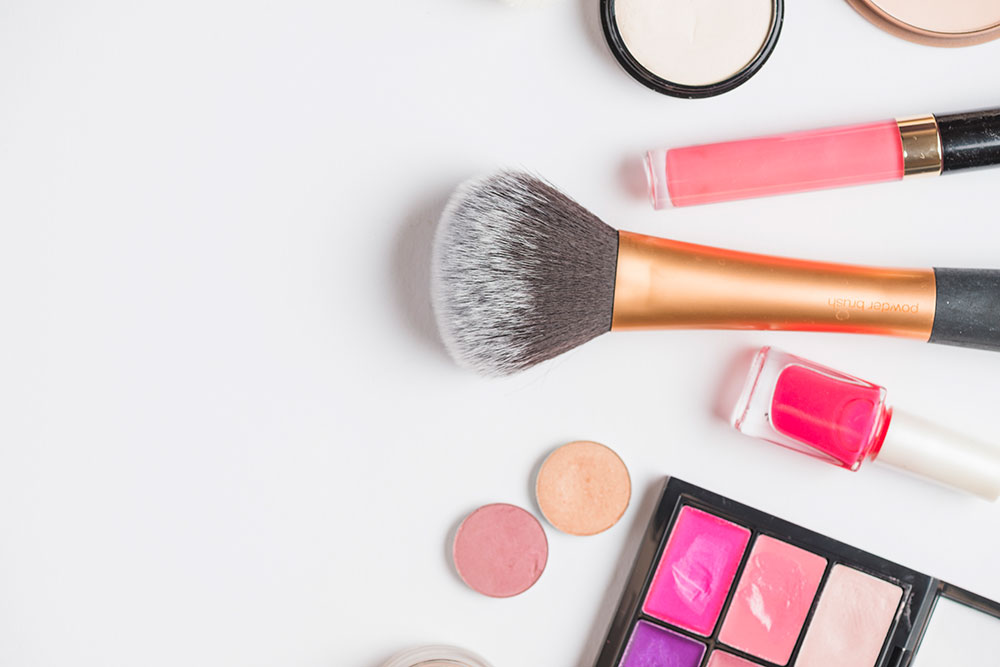MOCRA Cosmetics Labeling Requirements

Introduction to MOCRA Cosmetics Labeling Requirements in the United States
Cosmetic products marketed in the United States must comply with strict labeling requirements outlined by the U.S. Food and Drug Administration (FDA). Proper labeling ensures that products are not misbranded or misleading, and that consumers can make informed purchasing decisions. With the introduction of the Modernization of Cosmetics Regulation Act (MoCRA) in 2022, additional requirements have been introduced to enhance product transparency and safety.
Core FDA Cosmetic Labeling Requirements (Non-MoCRA)
Before MoCRA, the FDA required cosmetic labels to include:
- Identity of the product (e.g., “Face Cream”, “Shampoo”)
- Net quantity of contents (e.g., “100 mL”, “3.4 fl. oz”)
- Name and place of business (manufacturer, packer, or distributor)
- Ingredient declaration in descending order of predominance
- Warnings or cautions, if applicable (e.g., for eye area products)
Labeling must be in English (unless sold in territories like Puerto Rico), and all information should be clear, legible, and prominently placed.
MoCRA Cosmetics Labeling Requirements: New Rules for 2024
MoCRA does not replace existing FDA labeling rules but complements them by introducing additional elements that must appear on cosmetic labels as of December 2023:
- Responsible Person Information
- The label must include the name, domestic address, phone number, or electronic contact (e.g., website) of the Responsible Person.
- Adverse Event Reporting Language
- If the product causes a serious adverse event, consumers must be able to contact the Responsible Person directly.
- Fragrance Allergen Disclosure (Upcoming)
- MoCRA authorizes the FDA to mandate disclosure of certain fragrance allergens on the label. This requirement is pending further FDA rulemaking.
FDA Labeling Format Tips for MoCRA Cosmetics
- Use INCI names for ingredient lists
- List ingredients in descending order by weight, except for ingredients under 1%
- If the product is a cosmetic/drug hybrid, follow both OTC drug labeling and cosmetic labeling regulations
- Avoid unapproved claims (changing the structure of the skin) that may classify the product as a drug
Common Labeling Mistakes in MoCRA-Compliant Cosmetics
- Missing net contents on the front panel
- Incomplete ingredient list or incorrect order
- Using brand claims that imply therapeutic effects (e.g., “heals eczema”)
- Lack of Responsible Person contact details (post-MoCRA)
MOCRA Cosmetics Labeling Support and Review Services
At Cosmereg, we offer:
- MOCRA Cosmetics Labeling Requirements support
- FDA Cosmetic Label Reviews
- MoCRA-compliant labeling checks
- Adverse event contact validation
- Support for fragrance allergen updates (when finalized)
Final Thoughts on MOCRA Labeling Compliance
Accurate cosmetic labeling is essential not only for compliance with FDA regulations but also to build trust with your customers. With MoCRA now in effect, it’s more important than ever to update your product labels to meet both traditional and modern FDA requirements.
Need help reviewing or updating your cosmetic labels?
Send us your label and contact with Cosmereg’s regulatory experts here.


